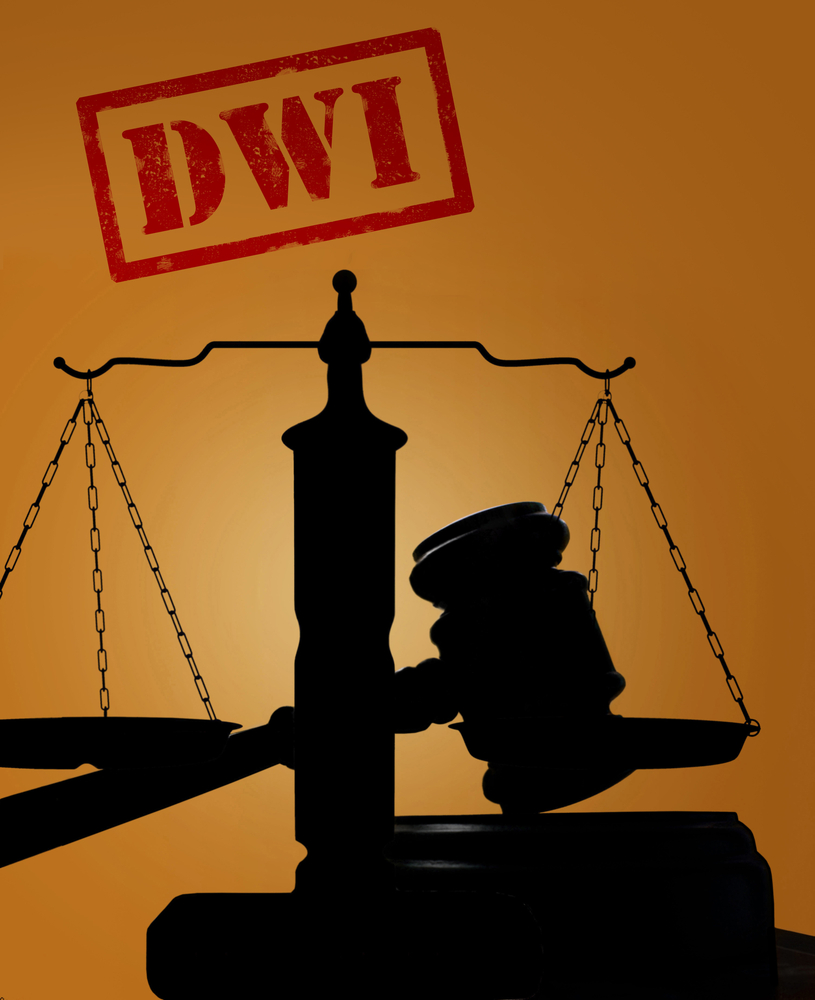
In the state of Texas, you can get your case records expunged with the help of a trusted lawyer. However, this only applies to a narrow range of cases. Your record can be expunged in Class C misdemeanors and offenses that did not result in a conviction.
These include cases where:
- Charges were dismissed
- Charges were not filed
- The person charged was pardoned or acquitted
What Is Expungement?
If you are unfamiliar with the law, knowing the definition of expungement may be helpful. If your case records are sealed, destroyed, or erased, they are considered expunged.
Once a record is expunged, it is no longer part of the public record. Once your record is expunged, you no longer have to disclose it. State agencies and companies are then legally required to remove the offense from their records.
If you fill out a job application and the application asks if you have a criminal record, you can legally answer “no” if your criminal record has been expunged. This is very useful in job searches, rental applications, and other instances.
According to Article 55.01 a person has the right to have their record expunged of misdemeanors and felonies under certain circumstances. A knowledgeable lawyer will be able to help you navigate the law to see if you qualify for expungement.
Are There Rules for Offenses Ineligible for Expungement in Texas?
You can expect that most offenses involving children will not be eligible for expungement in the state of Texas. Other offenses falling under this category include violent acts and sexual assault.
Driving while intoxicated is another offense not eligible for expungement in Texas. Even after the DWI falls off your driving record after seven years, the offense will still be listed in your criminal record.
What Kind of Records Cannot Be Expunged in Texas?
Certain crimes are exempt from expungement in the state of Texas. Before deciding to seek expungement, refer to this list before investing time and money in the expungement process.
Offenses exempt from expungement in Texas include:
- Indecency with a child
- Sexual assault
- Sexual performance by a child
- Use of child when committing an offense
- Aggravated kidnapping
- Aggravated robbery
- Capital murder
- Aggravated sexual assault
- Certain drug offenses
This is only a partial list of offenses that cannot be expunged in the state of Texas. If you are not sure if your case can be expunged, an experienced record sealing attorney can help you determine whether or not you are eligible.
Does a Judge Decide What Can Be Expunged?
If your type of offense is not currently listed under the ineligible offenses for expungement in Texas, it falls to the presiding judge to decide. Depending on your history and the nature of your current charges, the judge may decide not to expunge your records.
Other factors that may influence a judge’s decision include:
- How many convictions you have had in the past
- The age of your charges
- The severity of the charges

Is There a Waiting Period Before I Can File for Expungement?
The waiting period before you may file for expungement in the state of Texas varies depending on your circumstances. Below are examples of a typical waiting period. If you are not sure about your circumstances, an experienced law firm may be able to help you.
There is no waiting period for:
- Trials resulting in a “not guilty” verdict
- Pardons
- Appellate court acquittals
The waiting period for misdemeanors is significantly shorter than that for felonies. This has to do with the severity of the charges involved in the case.
The exact time varies depending on the case. As a general guideline, wait times are listed below. Please note the times listed below are for the state of Texas.
- For a Class C misdemeanor: 180 days
- For Class A and B misdemeanor: 1 year
- For a felony: 3 years

What Can I Do If My Case Is Ineligible for Expungement?
If your offense cannot be expunged, you have other legal options. Some case records can be sealed with an order of non-disclosure.
With expunction, your criminal records are destroyed. If your records are sealed, they still exist. But private companies conducting background checks would have a more difficult path accessing these records.
Some records may be eligible for sealing even if you are convicted. For example, a first-time DWI record is eligible for sealing if you have no other convictions on your record.
Sealing a record is nearly as beneficial as expungement in many circumstances. Outside of government entities, your records will look clean to private individuals and companies.
Are There Crimes Ineligible for Record Sealing in Texas?
Records of certain criminal charges cannot be sealed in the state of Texas. These records will always be available for public viewing.
Some of these records include:
- Stalking
- Murder
- Sex crimes
- Kidnapping
- Family violence crimes
One possible caveat to these exclusions is if you were as minor. While there is no guarantee, some judges are more lenient when crimes are committed by underage persons.
Find Out Your Legal Options
The law can often be a web of confusion to laypeople. A skilled attorney can help you determine what your legal options are for expunging or sealing your criminal records. Contact the Law Offices of Randall B. Isenberg for a free consultation.















